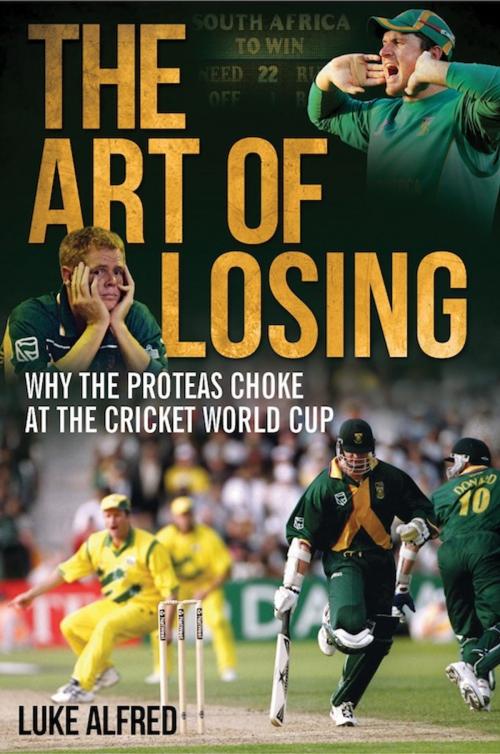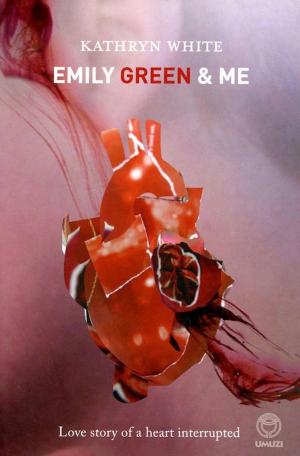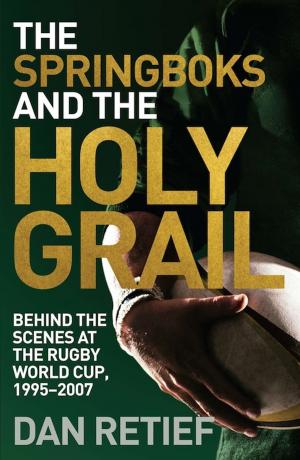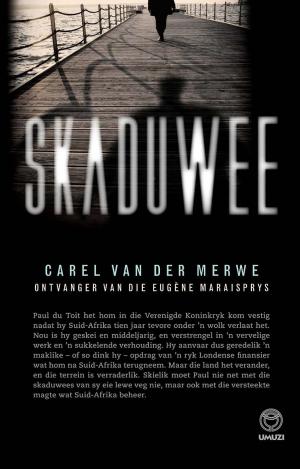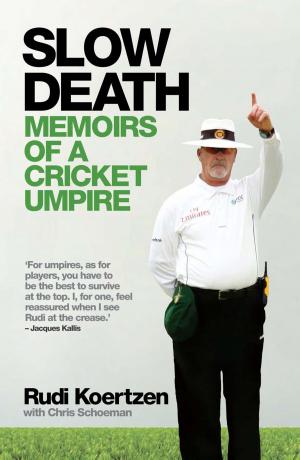| Author: | Luke Alfred | ISBN: | 9781770223851 |
| Publisher: | Random House Struik | Publication: | November 8, 2012 |
| Imprint: | Zebra Press (Random House Struik) | Language: | English |
| Author: | Luke Alfred |
| ISBN: | 9781770223851 |
| Publisher: | Random House Struik |
| Publication: | November 8, 2012 |
| Imprint: | Zebra Press (Random House Struik) |
| Language: | English |
Since South Africa’s readmission to world cricket in 1991, the Proteas have played in six World Cups (and four World T20 tournaments) and have been knocked out in all of them. The reasons range from the weather and misreading the Duckworth–Lewis table to being outwitted on the field itself. In the most recent tournaments, though, they have shown a scandalous lack of nerve in the pressure-cooker of international knockout cricket. Drawing from interviews with the major protagonists and behind-the-scenes officials, The Art of Losing recreates the drama of these matches. With fresh anecdotes, stories and insights, it also attempts to explain why World Cup failure has become a habit. Does the problem lie with coaching, with communication issues, or with a lack of independent thinking among the players? Is it the product of a pampered professional environment, or of the South African schooling system? The Art of Losing will ruffle feathers but will also attempt to explain the ‘choker’ tag that has become so widespread. Is it fair? The Proteas, after all, win a high proportion of their one-day matches and have some of the best cricketers in the world. Why, then, do they invariably fail to clear that final hurdle?
Since South Africa’s readmission to world cricket in 1991, the Proteas have played in six World Cups (and four World T20 tournaments) and have been knocked out in all of them. The reasons range from the weather and misreading the Duckworth–Lewis table to being outwitted on the field itself. In the most recent tournaments, though, they have shown a scandalous lack of nerve in the pressure-cooker of international knockout cricket. Drawing from interviews with the major protagonists and behind-the-scenes officials, The Art of Losing recreates the drama of these matches. With fresh anecdotes, stories and insights, it also attempts to explain why World Cup failure has become a habit. Does the problem lie with coaching, with communication issues, or with a lack of independent thinking among the players? Is it the product of a pampered professional environment, or of the South African schooling system? The Art of Losing will ruffle feathers but will also attempt to explain the ‘choker’ tag that has become so widespread. Is it fair? The Proteas, after all, win a high proportion of their one-day matches and have some of the best cricketers in the world. Why, then, do they invariably fail to clear that final hurdle?
